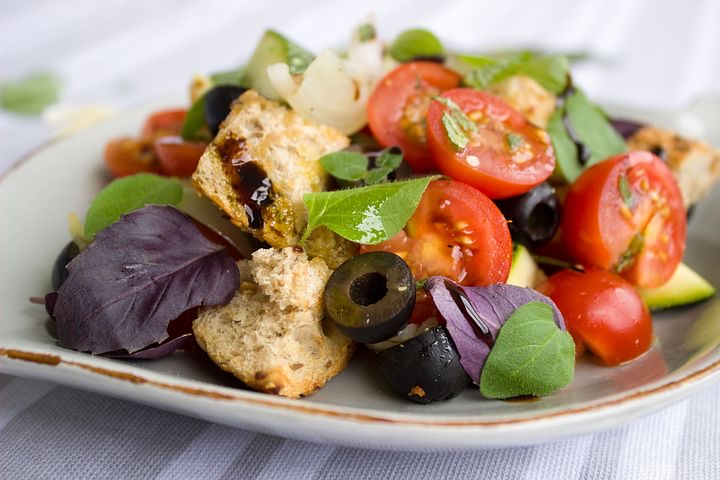Do you want to organise a fantastic dinner with a strictly vegan menu, but are you wondering which wines to combine with your dishes? Could you find truly vegan wines on the market?
Fortunately, vegan wines exist and the options for pairing food with them are many.
In the past, great attention was usually paid to the traditional combination of wines with different animal proteins (meat, fish, cheese, etc.) but the one of vegans is an increasingly expanding segment on the food market. Indeed it can be said that the rise of vegan wine is a trend that will not fade easily. In fact, it became established following the interest of many consumers increasingly attentive to the characteristics of the foods they consume and in particular to the absence of ingredients obtained by killing and exploiting animals.
Not everyone knows that in the production of wine, technological aids of animal origin, the so-called “clarifiers”, such as egg albumin, casein and gelatin, can be used to make the wine clear and remove the impurities. However, these animal-derived substances can be replaced by others of chemical or vegetable origin, like algae or mineral derivatives, such as bentonite, a clay mineral that clarifies wine.
But the problem for vegans does not only concern clarification but affects the entire wine production process from the cultivation of the land to winemaking and bottling. In fact the use of animal blood and flour for fertilisation of the soil should not be allowed in vegan wines, nor it should be possible to use fish glues or animal jellies for labelling bottles.
A second difficulty is represented by the fact that there are no binding regulatory indications either at national or European level on vegan wine certification. And above all, they are not mandatory, with the consequence that most manufacturers do not put any indication on the label, sometimes due to the costs related to producing it. To date, excluding the ICEA certification developed in collaboration with LAV – Anti Vivisection League and the “Vegetarian Vegan Quality” brand created by AVI, the Italian Vegetarians Association, which issues it after the audits of the independent body, Csqa- Certifications, the others are promoted by private associations, or are based on self-certification by the same manufacturer.
The certified vegan wineries are however in great expansion and involve some of the most renowned wines such as Prosecco, Vino Nobile di Montepulciano, Chianti and Lambrusco in Italy. So how to choose a bottle of wine for a dinner with seasonal vegetables and vegan cuisine?

Matching wine with vegetables can present some difficulties. Many plants contain high levels of natural sugars, sulphurous compounds or other chemical components that can adversely affect the perception of the taste of wine.
As with other food and wine duets, what matters in the wine-vegetables pairing is the balance of flavors. Relying on the main ingredient to find wines that complement them or provide a clear contrast between them is a good start. In addition, the method of cooking vegetables will also play a key role in the pairing: roasting, frying and steaming food alter its taste and sensations, as well as the choice of seasoning which suggests different options for wine.
For fresh vegetables and salads and fried dishes, it is better to combine a dry still wine with high acidity such as Sauvignon Blanc or Chardonnay or a sparkling wine, always in a dry version, such as Franciacorta or Prosecco.
Beware of spicy vegetables! Better not to combine spicy food with a high tannin content such as Cabernet Sauvignon because they would make the wine taste bitter. More structured red wines, especially those that have spent time in barriques, such as Amarone or Brunello di Montalcino, are more difficult to combine with vegan dishes, but not for this reason they are to be avoided: legume dishes can accompany a toast with them quite well.
Dried fruit requires a more fruity wine or even a dessert wine like Porto or Sauternes, while fresh fruit has a lot of acidity or goes perfectly with white wines equally acidic as Verdicchio or Soave. Aromatic varieties such as Riesling or Viognier are perfect for pairing with a vegetable couscous
A final note: the flavors of vegan dishes tend to be delicate, so it would be better to combine them with a sweet, fragrant and light wine. It doesn’t necessarily have to be a white, a rosé wine or fruity and less tannic reds such as Pinot Noir, Beaujolais and can go well with a vegetable-based dish. Cheers!
